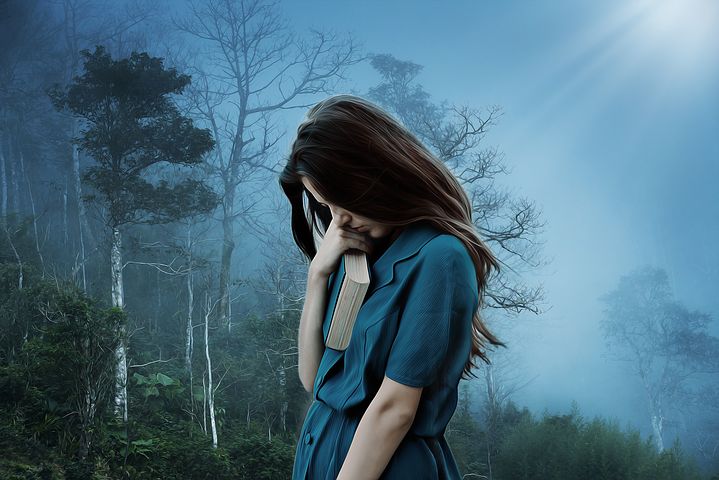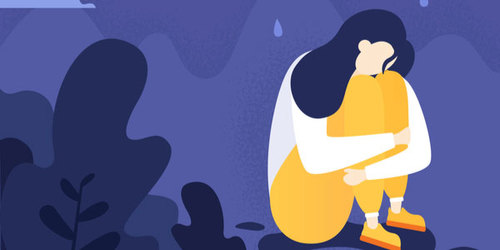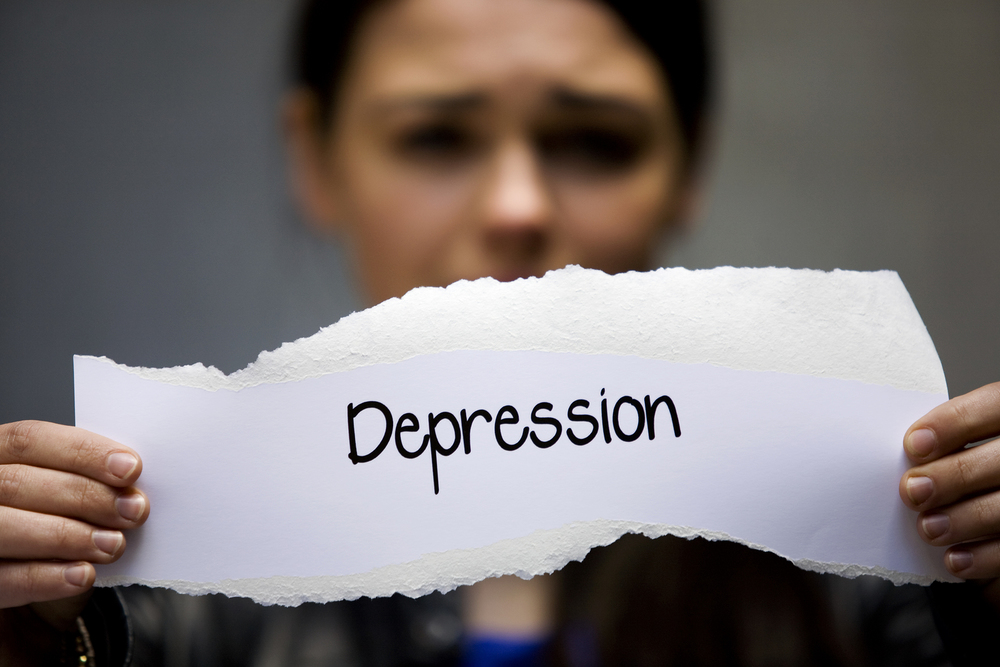
Everywhere you look today in the Current Social Situation, people are stressed out. Many reach a breaking point and succumb to Depression – a mental health issue few of our grandparents or extraordinary grandparents experienced.
Maybe individuals 50 or 75 years ago didn't discuss Depression and didn't look for Methods to Handle it. After all, successful treatments weren't accessible in those days. Possibly people today are more likely to concede to Depression, which is why it seems as though everybody is so anxious and discouraged. That is one justification why numerous researchers are suspicious of the claim that mental health issues have become more common.
Feeling sad or moody sometimes is a piece of life. Youngsters can have a tragic and stressed outlook on Surrounding Environment like exams, battles with family or companions, changing schools, or moving house.
Sometimes, the feeling of sadness continues for weeks or months and influences everyday life. If a youngster feels hopeless more often than not and thinks it is hard to get motivated, they might have sadness – an actual sickness that can influence people of all ages.
Suicide is a typical reason for death in youngsters, so Depression should be viewed seriously.
The U.S. Evaluation Bureau lately detailed that 33% of Americans give indications of clinical anxiety and Depression. These and other psychological circumstances are becoming enhanced during the Current Social Situation pandemic, while COVID-19 patients and their Family Factors are likewise at danger to foster misery and tension.
“It's very reasonable the COVID-19 pandemic is probably going to cause huge pressure and mental misery for a large proportion of the populace”. “And, we know the depression rates are logically expanding.”
Signs and Symptoms of Depression
Depression changes from person to person; however, there are some common signs and indications. Remember that these symptoms can be significant for life's average lows. Yet, the more side effects you have, the stronger they are, and the more they've kept going—the more likely it is that you're dealing with Depression.

Top Common Depression Symptoms
Sensations of powerlessness and sadness. A distressing outlook—nothing will ever improve, and there's no way to advance your circumstance.
Loss of Interest in Daily Activities
You couldn't care less with regards to previous interests, distractions, social activities, or sex. You've lost your Self-Control to feel happiness and delight.
Craving or Weight Changes
Critical weight loss or weight gain can change in over 5% of body weight in a month.
Sleep Changes
Either sleep deprivation, particularly waking in the early hours of the morning or sleeping late.
Outrage or Crabbiness
Feel unsettled, fretful, or even fierce. Your resilience level is low, your temper short, and everything and everybody drives you up the wall.
Loss of Energy
Feeling exhausted, slow, and indeed depleted. Your entire body might feel weighty, and even small tasks are debilitating or take more time to complete.
Self-Hatred
Have strong feelings of uselessness or guilt. You brutally condemn yourself for perceived blame and errors.
Wild Behavior
You take part in escapist behavior, for example, substance misuse, impulsive betting, wild driving, or dangerous games.
Concentration Problems
Trouble focusing, simply deciding or recollecting things.
Unexplained Pains and Aches
Have an increment in physical complaints like migraines, back pain, hurting muscles, and stomach pain.

Reasons for Depression in Young People
Depression is a psychological illness, and it is quite possibly the most well-known medical condition for youngsters in Australia. Various elements and life conditions can add to anxiety and Depression in youngsters. These can include:
- Fights with Family or Companions
- changing schools or beginning secondary school
- being harassed
- encountering a relationship separation, recent demise, abuse, or disregard.
- Sometimes Depression is caused by hereditary variables or organic elements like chemical imbalances.
- In all cases, it is significant that Depression is analyzed and treated early.
Check Out How is Depression Treated?
Depression can be severe, but on the other hand, it's treatable. Treatment for Depression incorporates:
Self Help: Regular exercise, getting sufficient rest, and investing energy with individuals you care about can further develop depression symptoms.
Counseling: Counseling or psychotherapy is conversing with psychological well-being professionals. Your guide assists you with resolving your concerns and foster adapting abilities. Sometimes brief treatment is all you need. Others proceed with treatment longer.
Alternative Medicine: People with minor Depression or progressing manifestations can work on their prosperity with complementary treatment. Treatment might incorporate back rub, acupuncture, hypnosis, and biofeedback.
Medication: Prescription medication called antidepressants can assist with changing the brain chemistry that causes Depression. Antidepressants can require half a month to have an impact. A few antidepressants have incidental effects, which regularly improve with time. If they don't, converse with your provider. A different prescription might turn out better for you.
Brain Stimulation Therapy: Brain stimulation therapy can assist individuals who have severe misery or melancholy with psychosis. Kinds of brain stimulation treatment incorporate transcranial magnetic stimulation (TMS), electroconvulsive therapy (ECT), and vagus nerve stimulation (VNS).
In addition, treatment doesn't simply include taking medicine for the rest of your life. Treatment and lifestyle modifications additionally play a vital part in managing symptoms and forestalling relapse.
